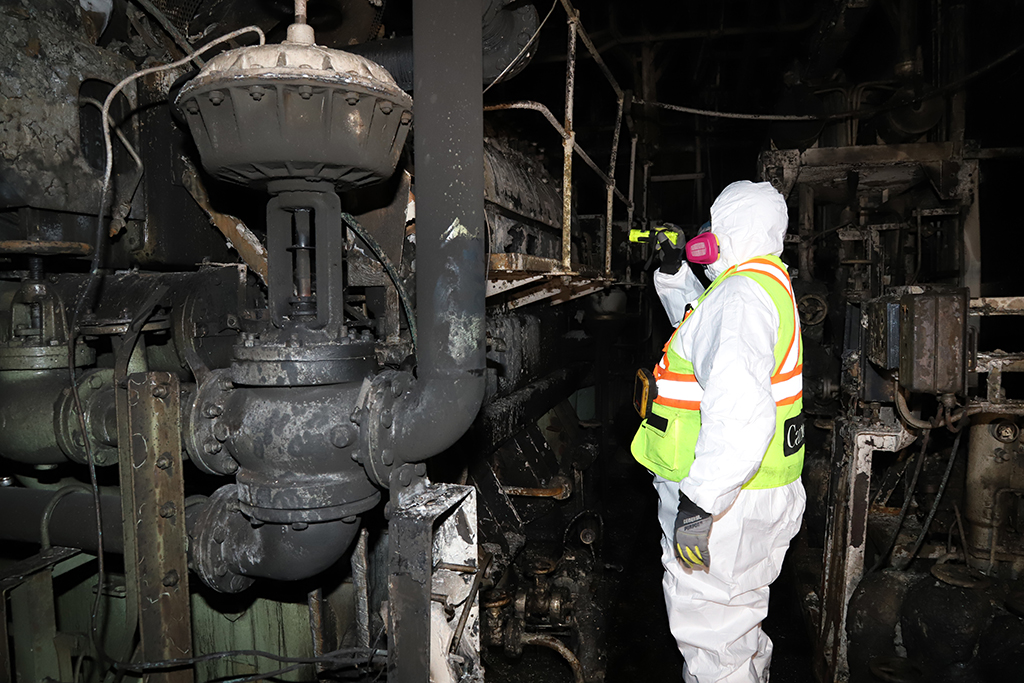Engine room fire
Container vessel MSC Sao Paulo V
Les Escoumins, Quebec
The occurrence
On , the container ship MSC Sao Paulo V reported being disabled with a fire in its engine room while navigating near the Laurentian Pilotage Authority station in Les Escoumins, Quebec.
The vessel lost power, and the fixed fire suppression system was triggered. The vessel drifted into the Saguenay–St. Lawrence Marine Park where it dropped anchor, and the fire was extinguished.
The vessel was towed to Québec, Quebec, on 09 March 2024. There were no reported injuries or pollution. The TSB is investigating.
Media materials
Deployment notice
TSB deploys a team to the Port of Québec, Quebec, following an engine room fire onboard the cargo vessel MSC Sao Paulo V.
Québec, Quebec, 9 March 2024 — The Transportation Safety Board of Canada (TSB) deploys a team of investigators to the Port of Québec, Quebec, to investigate an engine room fire onboard the cargo vessel MSC Sao Paulo V., which occurred on 3 March 2024 off Les Escoumins, Quebec. The TSB will gather information and assess the occurrence.
Investigation information
Download high-resolution photos from the TSB Flickr page.
Class of investigation
This is a class 2 investigation. These investigations are complex and involve several safety issues requiring in-depth analysis. Class 2 investigations, which frequently result in recommendations, are generally completed within 600 days. For more information, see the Policy on Occurrence Classification.
TSB investigation process
There are 3 phases to a TSB investigation
- Field phase: a team of investigators examines the occurrence site and wreckage, interviews witnesses and collects pertinent information.
- Examination and analysis phase: the TSB reviews pertinent records, tests components of the wreckage in the lab, determines the sequence of events and identifies safety deficiencies. When safety deficiencies are suspected or confirmed, the TSB advises the appropriate authority without waiting until publication of the final report.
- Report phase: a confidential draft report is approved by the Board and sent to persons and corporations who are directly concerned by the report. They then have the opportunity to dispute or correct information they believe to be incorrect. The Board considers all representations before approving the final report, which is subsequently released to the public.
For more information, see our Investigation process page.
The TSB is an independent agency that investigates air, marine, pipeline, and rail transportation occurrences. Its sole aim is the advancement of transportation safety. It is not the function of the Board to assign fault or determine civil or criminal liability.


